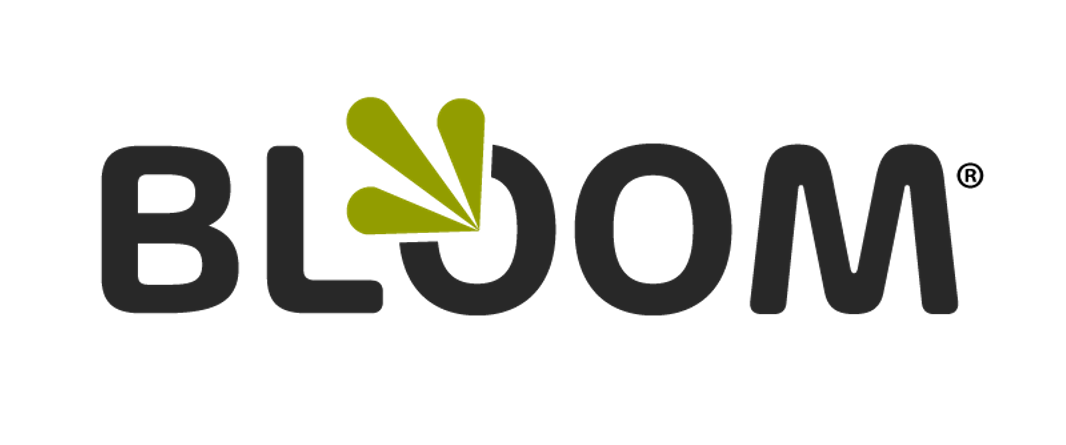Improve Declining Manager Engagement
A recent Gallup study shows that 70% of team engagement is attributable to the manager. Yet manager engagement continues to decline. The majority of employees report experiencing negative emotions at work:
Stress: 50% (no change from the previous year)
Anger: 17% (no change from the previous year)
Sadness: 22% (no change from the previous year)
Loneliness: 15% (data not sufficient for comparison)
Yet, few managers are equipped to be great managers. Gallup shows this is in significant part because they have not been properly mentored on the key practices required to inspire and engage their teams. Such practices require managers to act beyond themselves by consistently setting clear expectations, providing regular feedback, and offering constructive guidance on the learning needed to advance.
“When employees are engaged, they are more productive at work. They are absent less and produce more. They build better customer relationships and close more sales. So, what engages work teams the most? Their manager.” - Gallup
Gallup found that employees feel better at work when their basic needs are met, and they experience involvement, enthusiasm, and a sense of belonging. Key factors include:
Recognition and Praise: Receiving acknowledgment for good work boosts morale.
Supportive Management: Managers who genuinely care about their employees as individuals and encourage their professional development foster a positive work environment.
Opportunities for Growth: Access to learning and development opportunities enhances engagement.
Clear Expectations: Knowing what is expected at work reduces stress and confusion.
Resources and Tools: Having the necessary materials and equipment to perform tasks effectively.
Purpose and Mission: Feeling that their job is essential and contributes to a meaningful mission.
Quality Relationships: Building friendships and connections at work improves overall satisfaction.
Opinions Matter: Employees feel valued when their opinions are heard and taken into consideration.
These elements, measured by Gallup's Q12 survey, are strongly linked to higher engagement, productivity, and overall well-being.
The BLOOM Performance Optimization System is a feedback and development system. The system is designed to provide managers and their teams immediate ability to track feedback notes and development activities. People grow when managers consistently take the time to provide daily and weekly feedback, as well as encourage learning activities that are relevant to their growth and success.
BLOOM incorporates peer recognition, manager performance journal, goal and activity notes, and team member self-tracking notes about goals and development activities into activity logs and performance dialogue forms.
To further support these activities, we believe that formal performance reviews should be a thing of the past. If ongoing feedback and development are occurring, then monthly, quarterly, and six-month dialogues, rather than reviews, should focus on discussing experienced performance trends from the past and primarily plan improvement goals and career path moves for the future.
Thus, the BLOOM system shifts this mindset by using the term "Dialogues" to replace "Reviews". We encourage managers and team members to use the BLOOM feedback and development tools on our mobile site at least once a week, which is easily accessible from any phone or tablet device. Weekly, some combination of performance journal notes, kudos and feedback, goal notes, and activity tracking should be taking place in BLOOM.
Then, depending on the type of dialogue focus -- such as goal check-ins, strategic plan reviews, coaching, or performance discussions -- consistent completion of BLOOM Dialogue forms or scripts is required to document discussion about future performance and development expectations.
In summary, team members crave regular attention, encouragement, guidance, and dialogue with their managers. Shift your organization's mindset about ineffective and formal performance reviews to frequent and engaging performance dialogues that require daily and weekly management communication skills and activities to set up the perfect dialogue about team members' engagement and success toward the future.
Get started today!
